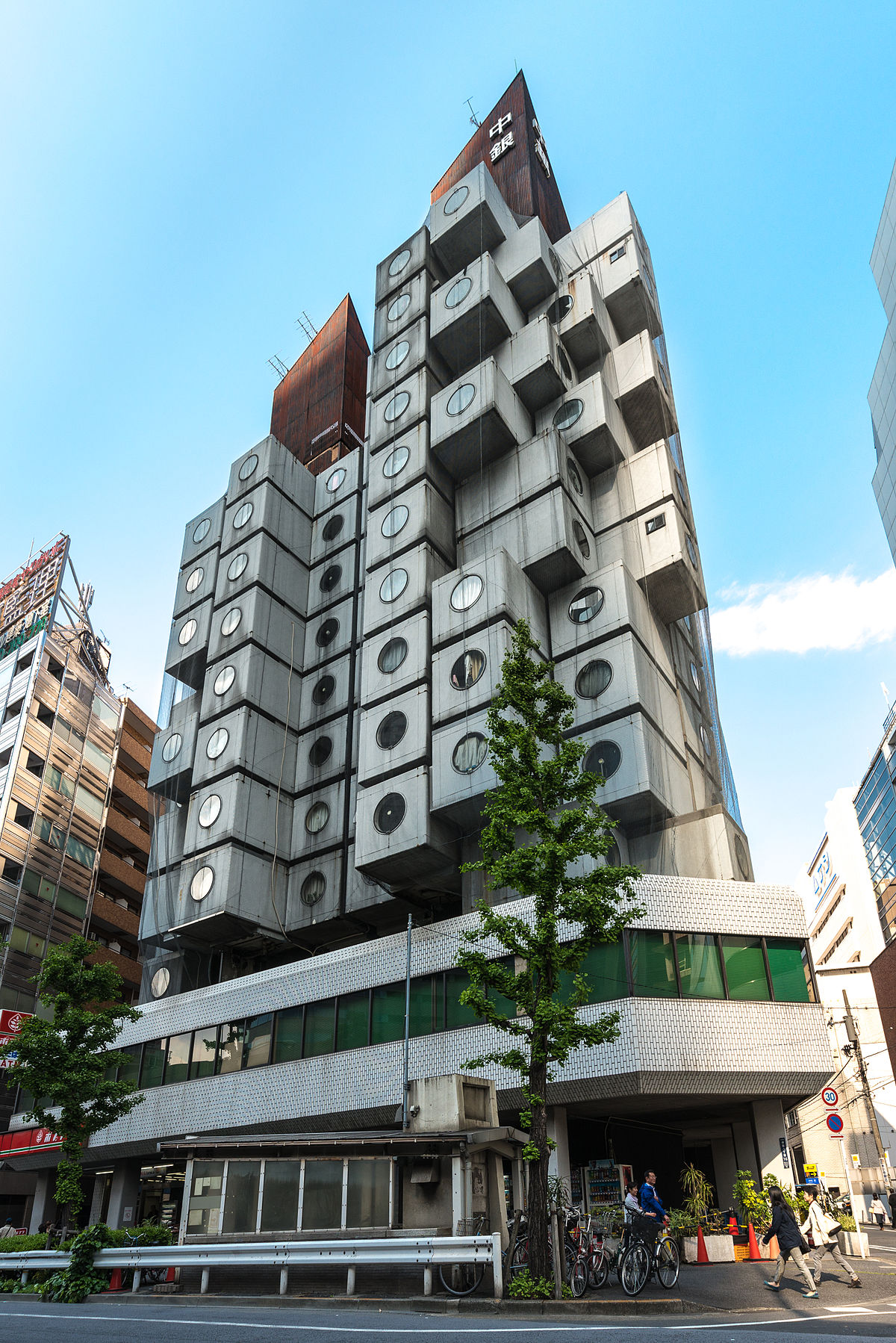Why do Japanese buy expensive new apartments when property prices have stagnated since the '90s?
One popular opinion is that Japanese families superficially insist on new homes, because their traditionally flimsy houses are treated as consumables rather than investments. Ignoring that the bubble refuted the notion (at least, between 1955 and 1995), this theory really plays on the supposed exoticism and exceptional motivations of Japanese culture.
But with off-the-plan apartments - for example, Nomura Fudosan's Proud (野村不動産プラウド) series - selling at a 75% premium per square meter to existing apartments, I find it hard to believe that anyone would accept such steep depreciation just because they've been socialised to like shiny things.
Mansion (マンション), that is. My brother-in-law would not like his MyHome (マイホーム) referred to as an apartment (アパート).
The clue may lie in the price. Tokyo asking and selling prices (haggling isn't a thing in Japan) fall around ¥60M, plus or minus ¥10M; uncannily narrow. At that price, the deposit of 20% demanded by lenders would be ¥12M. Funnily enough, that's the limit of one of the tax exemptions for family gifts.
Because Japan taxes bequests, it also taxes gifts that may circumvent that tax. However, there are several exemptions, including gifts put towards brand new properties, and you don't get newer than doesn't-exist-yet.
The elegant elderly shown dining in the brochures with their preppy offspring may simply rather their money go towards ensuring their grandchildren have the latest digital toilet, than to the government. That - unfortunately for Orientalists - makes the Japanese hard-nosed rationalists, much like the rest of us.
Cashed up Baby Boomers get to give their children a tax-free leg-up. The government gets to stimulate the building industry. Everybody wins. Except maybe for purchasers, whose heavily-mortgaged mansions devalue the moment they receive the keys. Then again, they did just get their deposits paid for, and at 2% interest, they could borrow into perpetuity.
My take-homes:
So to answer my initial question: It's regulation as much as culture. We would make similar purchases given similar incentives. We needn't imagine turning Japanese. We kind of already are.
One popular opinion is that Japanese families superficially insist on new homes, because their traditionally flimsy houses are treated as consumables rather than investments. Ignoring that the bubble refuted the notion (at least, between 1955 and 1995), this theory really plays on the supposed exoticism and exceptional motivations of Japanese culture.
But with off-the-plan apartments - for example, Nomura Fudosan's Proud (野村不動産プラウド) series - selling at a 75% premium per square meter to existing apartments, I find it hard to believe that anyone would accept such steep depreciation just because they've been socialised to like shiny things.
Mansion (マンション), that is. My brother-in-law would not like his MyHome (マイホーム) referred to as an apartment (アパート).
The clue may lie in the price. Tokyo asking and selling prices (haggling isn't a thing in Japan) fall around ¥60M, plus or minus ¥10M; uncannily narrow. At that price, the deposit of 20% demanded by lenders would be ¥12M. Funnily enough, that's the limit of one of the tax exemptions for family gifts.
Because Japan taxes bequests, it also taxes gifts that may circumvent that tax. However, there are several exemptions, including gifts put towards brand new properties, and you don't get newer than doesn't-exist-yet.
The elegant elderly shown dining in the brochures with their preppy offspring may simply rather their money go towards ensuring their grandchildren have the latest digital toilet, than to the government. That - unfortunately for Orientalists - makes the Japanese hard-nosed rationalists, much like the rest of us.
Cashed up Baby Boomers get to give their children a tax-free leg-up. The government gets to stimulate the building industry. Everybody wins. Except maybe for purchasers, whose heavily-mortgaged mansions devalue the moment they receive the keys. Then again, they did just get their deposits paid for, and at 2% interest, they could borrow into perpetuity.
My take-homes:
- Culture is but one influence of behaviour. Individuals seldom decide based on a single reason. Whole target markets never do.
- Governments distort markets. Always have, always will.
- The creation of market conditions does not guarantee success at exploitation. Case in point: Nomura's share price.
- Language is a huge barrier in understanding a foreign market. Japanese tax laws exist despite ignorance of them. Availability bias then leads people to erroneously attribute behaviour to culture.
- Japanese property is potentially profitable, but it is in the yield of old apartments, not capital gains. A mate of mine is doing just that.
So to answer my initial question: It's regulation as much as culture. We would make similar purchases given similar incentives. We needn't imagine turning Japanese. We kind of already are.

Comments
Post a Comment